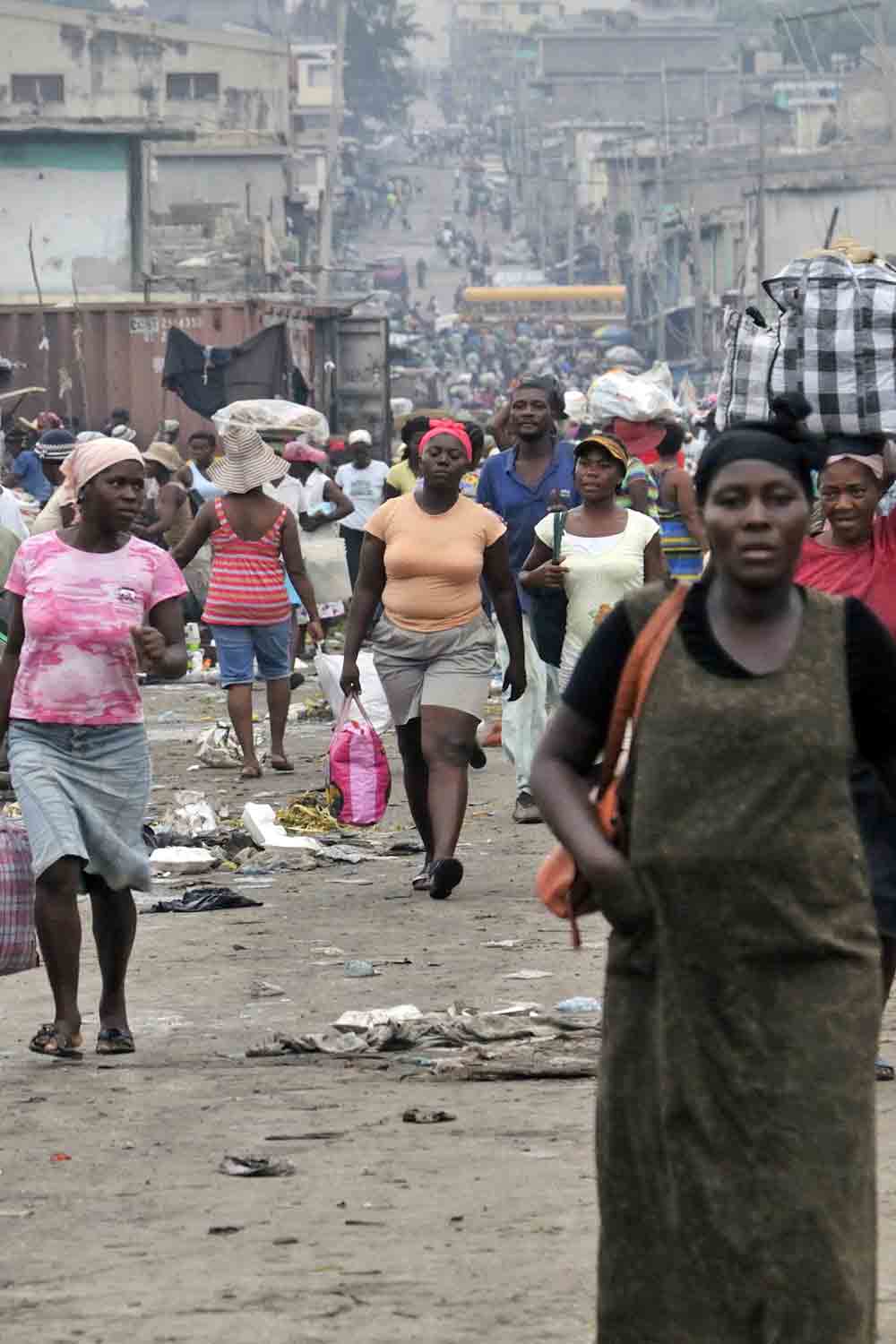UN Peacekeepers Accused Of Making Women And Girls Have Sex In Exchange For Food And Medicine
A shocking draft UN report alleges women and girls in Haiti and Liberia had to have 'transactional sex'.

Celebrity news, beauty, fashion advice, and fascinating features, delivered straight to your inbox!
You are now subscribed
Your newsletter sign-up was successful
A shocking draft UN report alleges women and girls in Haiti and Liberia had to have 'transactional sex'.
Women and girls in Haiti and Liberia were forced to have 'transactional sex' with UN peacekeepers in exchange for basic essentials like medicine and food, a shocking new draft UN report alleges.
The as yet unreleased document by the UN Office of Internal Oversight Services (OIOS) - a UN watchdog within the UN - says that 480 claims of sexual exploitation and abuse were made in 2008-13. Most upsettingly, a third of the allegations involve children.
The report, obtained by The Associated Press, says that after interviewing 231 people in Haiti who had transactional sex, investigators found: 'For rural women, hunger, lack of shelter, baby care items, medication and household items were frequently cited as the "triggering need."' In exchange for sex, women were given 'church shoes, cell phones, laptops, and perfume, as well as money,' from peacekeepers.
The report adds: 'In cases of non-payment, some women withheld the badges of peacekeepers and threatened to reveal their infidelity via social media. Only seven interviewees knew about the United Nations policy prohibiting sexual exploitation and abuse.' And no one interviewed knew there was a UN hotline to report sexual abuse.
The report also says that last year there were 51 allegations made against UN peacekeepers, down from 66 the year before.
Sexual abuse and exploitation has been a persistent problem for at least a decade. In March 2005, then U.N. Secretary-General Kofi Annan addressed this in a statement, saying: 'United Nations peacekeeping is a noble calling and serves as an integral part of the world’s efforts to maintain peace and security. Sexual exploitation and abuse by peacekeeping personnel must first be eliminated and then prevented from happening again.'
Celebrity news, beauty, fashion advice, and fascinating features, delivered straight to your inbox!